Oscar-winning animator Torill Kove explores memory, adolescence and the strength of familial bonds in Maybe Elephants, a sequel to her Oscar-nominated short Me and My Moulton. Drawing on Kove’s own experiences in Nairobi, her latest film blends autobiography with inspired storytelling to contemplate how we reconstruct the past to navigate our emotions. In this interview, Kove shares insights into her inspirations, challenges and creative process.
Kove’s fourth short co-produced by the National Film Board of Canada and Norway’s Mikrofilm, Maybe Elephants is one of the 15 films shortlisted for this year’s Oscar for Best Animated Short Film.
What motivated you to make this film?
Torill Kove: I see this film as a sequel to my 2015 short, Me and My Moulton, which was a semi-biographical snapshot of my family in the 1960s, when my sisters and I were under 10 years old and my parents were young and hip. In Maybe Elephants, I’m revisiting the same family.
I think everybody has at least one important story. It can be catastrophic, like a war, or romantic. Maybe Elephants is my story, and it goes like this: we were a happy family and then our parents left us.
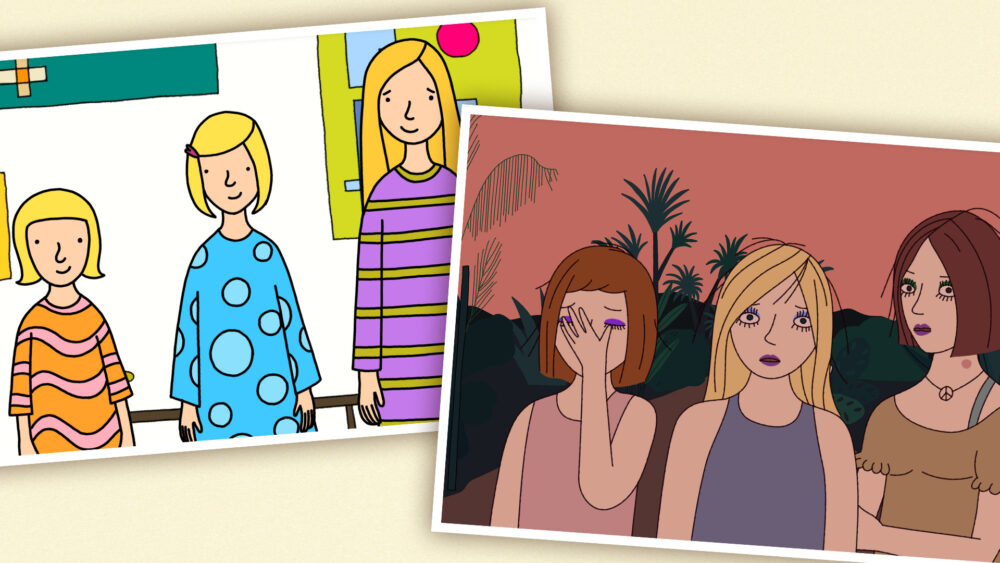
Your film addresses the fleeting nature of memory and how our mind can reframe, consciously or not, past events. How much creative liberty did you take in Maybe Elephants with the “real events”?
Torill Kove: I think of it as taking advantage of the gap between reality and memory. In the beginning of the film, the narrator says that she remembers her childhood. But because the story involves conflicting feelings about her parents, especially her mother, she comes to terms with it by choosing to remember certain events in a way that allows her to love her mother and feel empathy for her.
In that sense, yes, I did take liberties with this story, but I think we do this all the time to help us make sense of our lives.
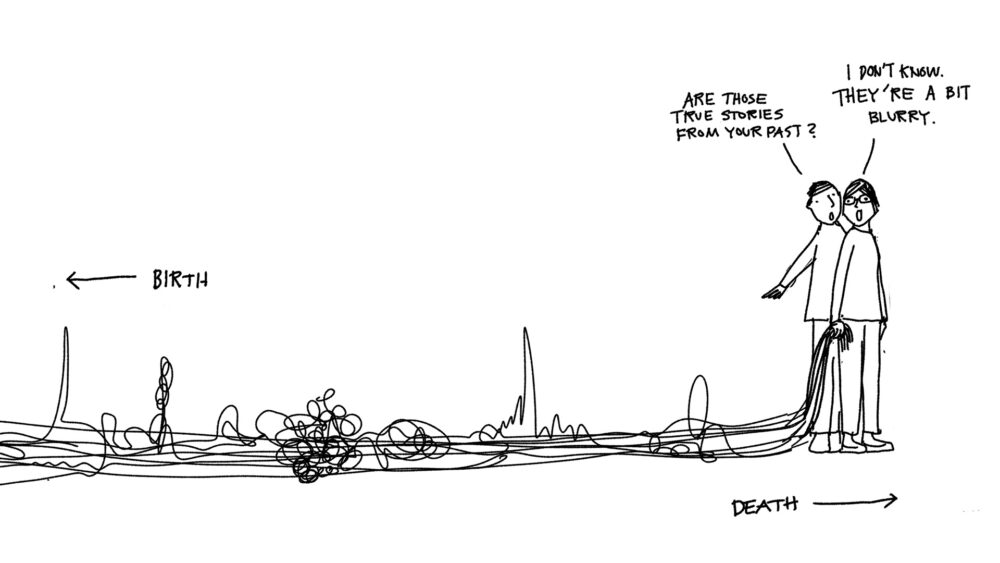
What motivated you to depict an adolescent experience? How is this specific time of life inspiring to you?
Torill Kove: Teens like to assert their independence, so adolescence can be a period of conflict. In our hometown, we were allowed to do what we wanted as long as we were home by supper, but in Nairobi, we had to navigate an enormous sprawling city where our parents’ freewheeling parenting approach was neither practical nor safe. We were also just teens being teens, making new friends from all over the world, learning to speak English, exploring an exciting city, going dancing, driving around listening to music, skipping school, experiencing falling in love one day and a broken heart the next.
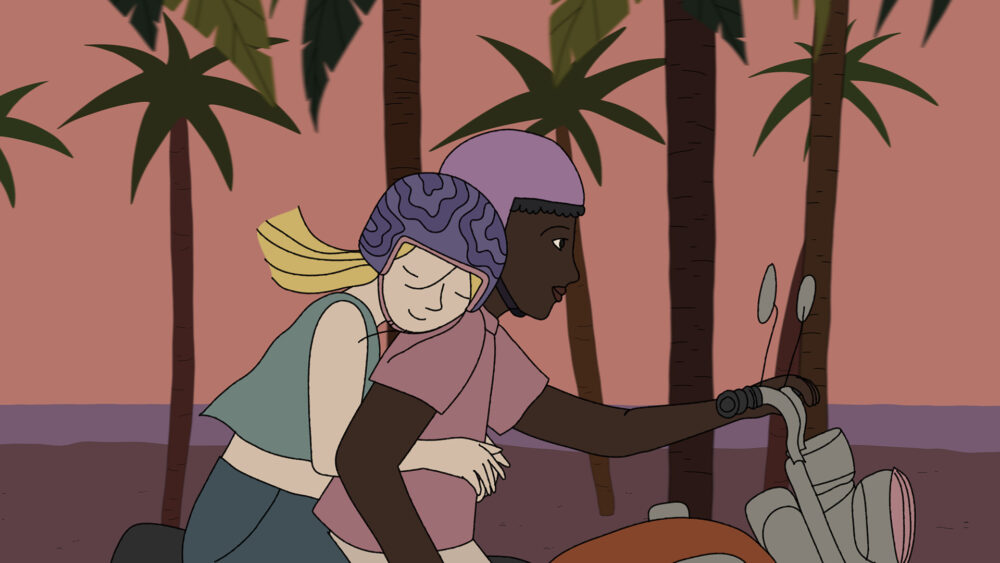
Were you concerned about setting your film in Kenya?
Torill Kove: I had some concerns about telling a story based in Kenya because I’m not Kenyan. But at the same time, Maybe Elephants is a story based on a chapter from my family’s history when we lived there, so I also couldn’t just move the location to another country.
Throughout the production, we were in dialogue with Kenyan Canadians in Montreal, and with their help, I think we managed to set a high bar for respectfulness for the film’s location. Our question was always: What would a Kenyan audience think?
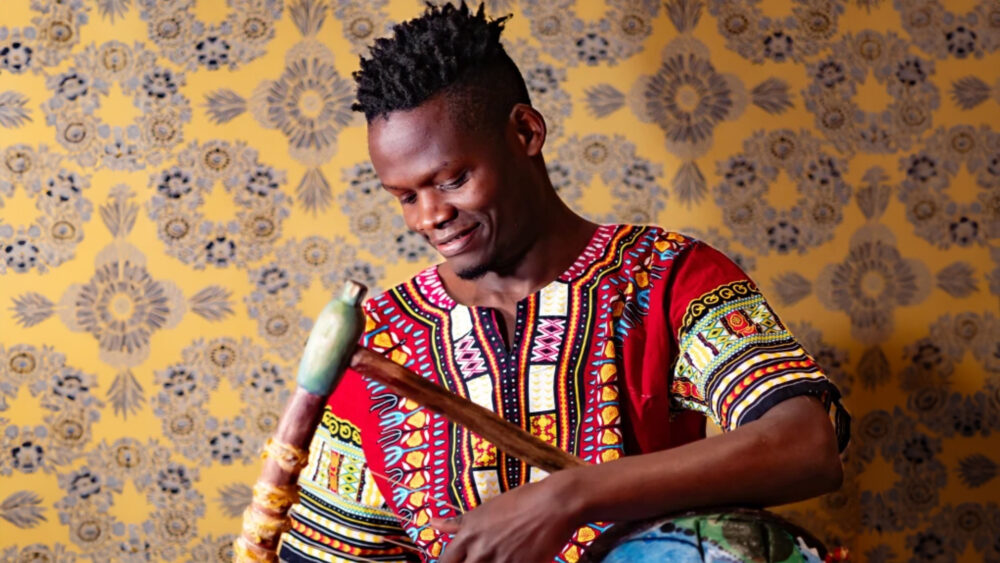
Tell us about the production process and how Maybe Elephants was different from your previous films. How did you find the voice-acting process?
Torill Kove: It was different this time because we had a relatively short production schedule. There were a few more animators and a bigger art team than usual — there were so many characters and different outfits, and hundreds of backgrounds!
The voice-acting process was a brand-new experience. For the narration and dialogue guide track, I usually use my own voice and always hate the sound of it. But this time I thought it worked, so we decided to give it a try. I also played the role of the teenage middle sister — way outside my comfort zone, but a lot of fun.
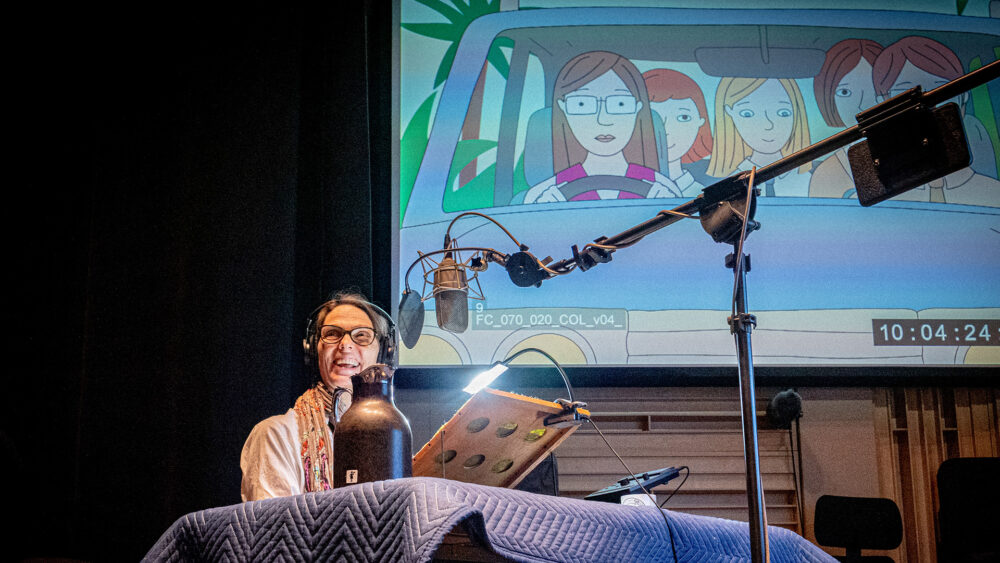
Ultimately, Maybe Elephants is a deeply personal exploration of family, memory and identity. Through its universal themes and unique perspective, the film invites audiences to reflect on their own stories and how they choose to remember them.
To learn more, visit www.animationmagazine.net/2024/11/maybe-elephants-producers-from-nfb-mikrofilm-discuss-the-artful-partnership-behind-torill-koves-oscar-qualified-short/
——–









 Win a Funko X Lilo & Stitch Prize Pack!
Win a Funko X Lilo & Stitch Prize Pack! 


